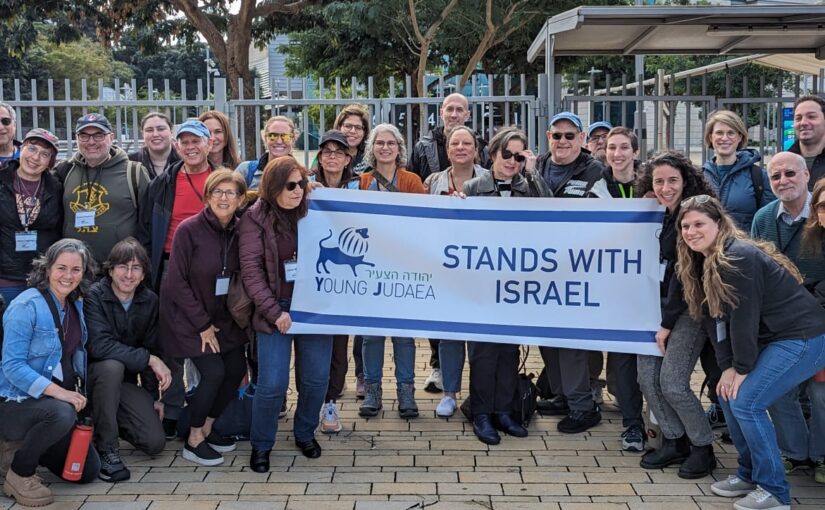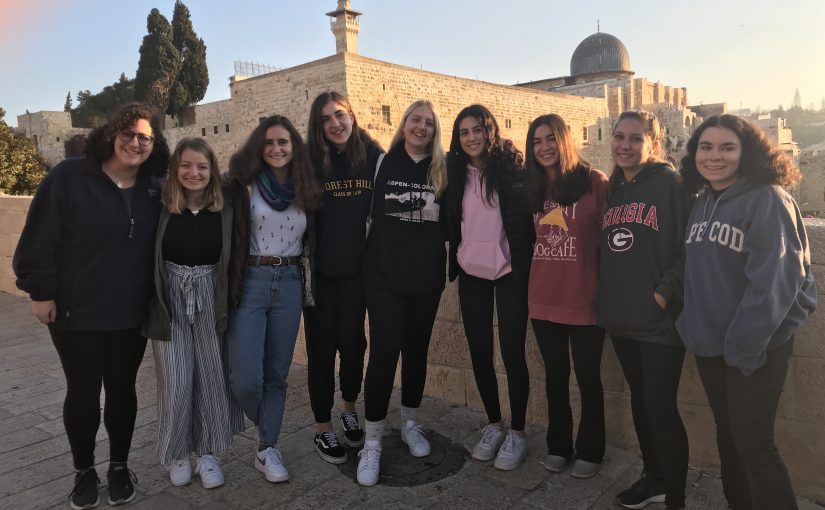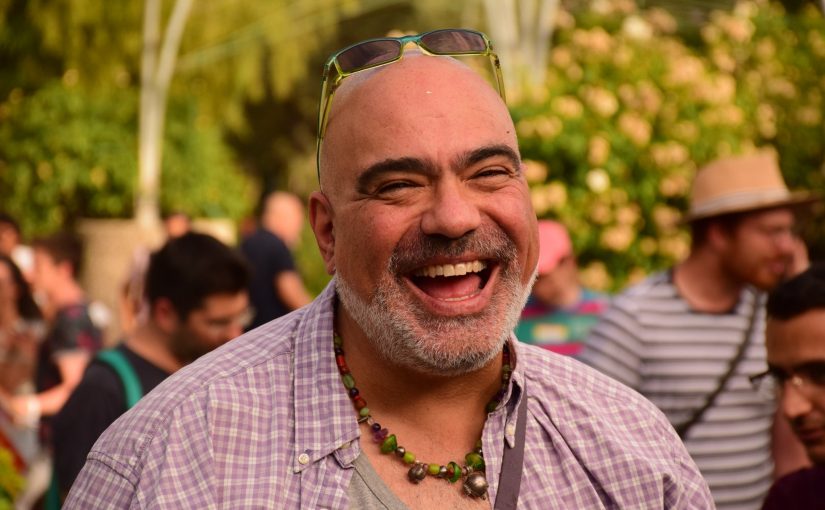the latest Young Judaea Blog
categories
- Latest Posts
- Alternative Winter Break
- Alternative Winter Break 2016 Post
- Alternative Winter Break 2018
- Alumni
- Alumni
- AWB 2016
- AWB 2017
- Board
- Camp
- Education
- General
- Hadassah Leaders of Tomorrow
- Holiday Posts
- Israel Programs
- Kol HaTnua - Voice of the Movement
- Kol HaTnua 2016
- Kol HaTnua Issue 1; 2018
- Kol HaTnua Issue 2: 2019
- Midwest
- Midwest Young Judaea Newsletter
- Midwest Young Judaea Newsletter Issue 1
- Onward Israel
- PIttsburgh YJ
- Response
- Shlichim
- Siyurim
- Summer Camp
- Summer Programs
- Uncategorized
- Uncategorized
- WUJS
- Year Course
- Year Course
- Year Course 2018-19
- Year Course 2019-20
- Year Course Recommends
- Year Round Programs
- YJ Teens
- Zionist History
 featured
featured
Alumni Reflections from the Alumni Israel Volunteer Trip
Several months following the October 7th attacks on Israel, 30 Young Judaea Alumni embarked on a transformative volunteer trip in By Young Judaea

